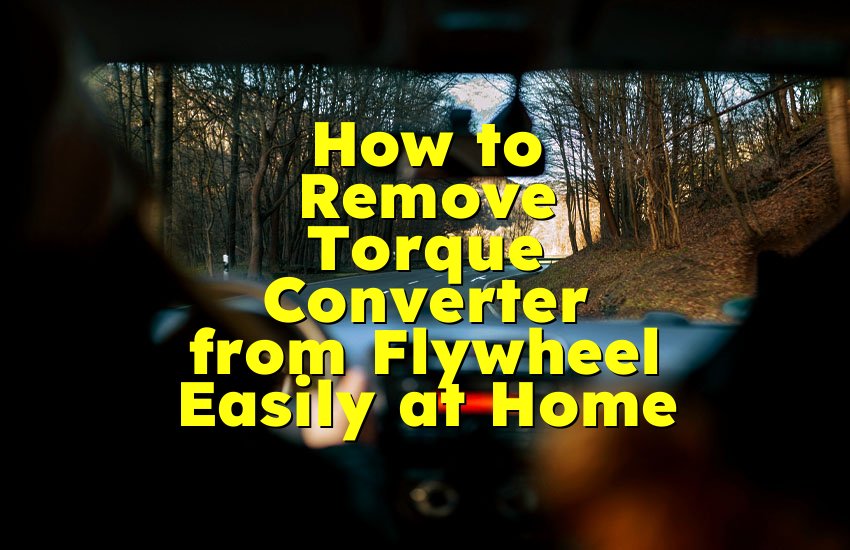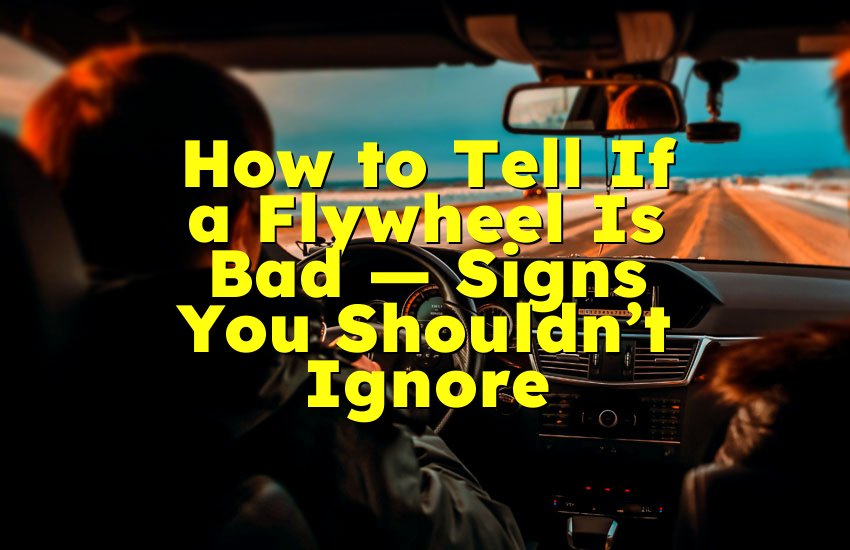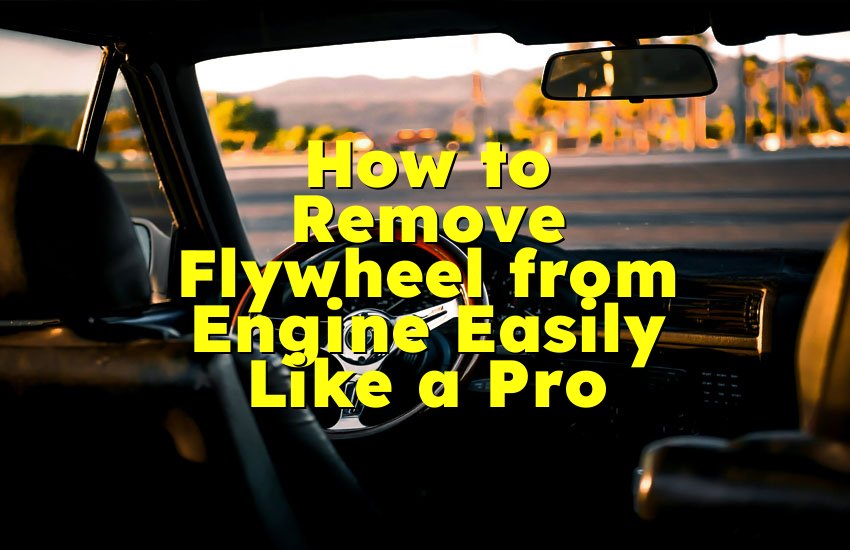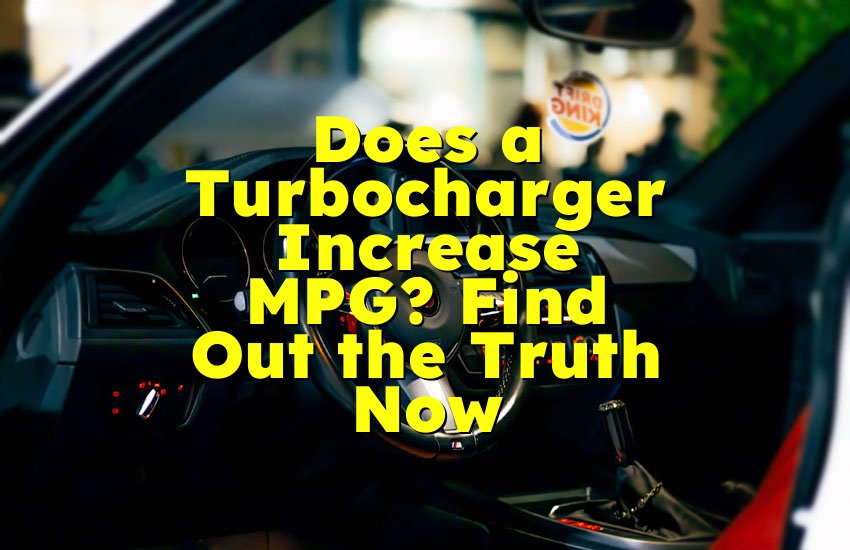As an Amazon Associate, I earn from qualifying purchases at no extra cost to you.
How Much Does It Cost to Replace Fuel Injectors: Full Price Guide
You might be here because your car is acting weird, maybe it’s shaking, using too much gas, or not starting right. If that sounds like your car, the problem could be the fuel injectors. Replacing them can fix these issues, but many people worry about the cost. The truth is, the cost to replace fuel injectors can be between $300 to $1,800 depending on the car and where you go. In this article, you’ll find everything you need to know about fuel injector replacement costs and what to expect.
Understanding What Fuel Injectors Do
Fuel injectors are very important for your car’s engine. They spray fuel into the engine in the right amount so it can burn and make power. This helps your car run smoothly and gives you good gas mileage. Without working injectors, your engine may not start or run right.
Fuel injectors are like the little messengers that send fuel from your gas tank into the engine. This happens many times every second. Modern cars have one injector for each cylinder. So if your car has four cylinders, there are four fuel injectors.
When an injector gets dirty or breaks, it might not spray fuel the right way. Sometimes it sprays too much, sometimes too little, and sometimes none at all. This causes rough idling, poor mileage, loss of power, or even engine damage over time.
Now, why do they go bad? Fuel injectors can wear out over time. They might get clogged from dirt or low-quality gas. They can also break from heat or just old age. If you don't take care of your engine or change the fuel filter often, injectors can fail even faster.
Replacing bad injectors is not a simple DIY fix unless you’re a skilled car person. The job takes time and needs the right tools. Most of the cost comes from parts and labor. The price can change depending on your car type. A simple car may cost less, while a luxury or performance car might cost more because the parts are expensive or hard to reach.
If your mechanic tells you it's time to change your fuel injectors, don't ignore it. Driving with bad injectors can cause more engine problems. It can even damage your catalytic converter, which is also very expensive to fix.
Here's what happens during the replacement: the mechanic takes off the engine cover, removes the fuel rail, takes out the old injectors, installs new ones, and puts everything back together. They may also test the fuel system to make sure it works perfectly.
- Fuel injectors control fuel spray for engine
- Bad injectors cause rough idling, poor gas mileage
- Causes of failure include dirt, heat, and wear
- Replacing them involves removing and reinstalling engine parts
- Cost depends on car type and labor time
Signs That Your Fuel Injectors Need Replacing
If you're not sure your fuel injectors need replacing, watch for these signs. These problems might start small but can get worse quickly. Knowing the symptoms helps you catch the issue before it becomes too costly.
One major sign is your engine misfiring. This means your engine shakes, sputters, or skips. It feels like it's not running smoothly. This happens when one or more injectors are not spraying fuel correctly.
Another sign is poor fuel economy. If you're filling up more often but driving the same amount, it could be that your engine isn't getting the right fuel mix. Bad injectors waste gas or make your engine work harder.
You might also notice rough idling. When you stop at a red light, does your car shake or feel bumpy? That can happen when the engine isn't getting fuel evenly from each injector.
Bad injectors can also cause the check engine light to turn on. Many modern cars have sensors that tell when the engine isn't running right. This light means you should get a scan done to find the problem.
If you smell fuel, especially from the engine or inside the car, that could be a leaking injector. Leaking injectors are dangerous and should be checked right away.
Starting trouble is another clue. If your car is hard to start or takes longer than usual, fuel injectors could be to blame. Without enough fuel pressure or proper spray, the engine struggles to start.
Even your car's exhaust can give you a sign. Thick smoke from the tailpipe can mean the engine is burning too much fuel because an injector is stuck open.
Some drivers also feel the car has less power. If your car feels slow, especially when you press the gas pedal, it could be a fuel delivery problem.
- Engine misfires or runs rough
- Poor gas mileage or increased fuel use
- Rough idling when stopped
- Check engine light comes on
- Strong fuel smell from engine or cabin
- Car is hard to start
- Thick smoke from exhaust
- Loss of power when driving
How Much Does It Cost to Replace Fuel Injectors
This is the part you came for — the cost. The cost to replace fuel injectors depends on many things like your car model, labor rates, and whether you change one or all injectors.
On average, replacing a single fuel injector costs between $150 to $350 for parts and about $100 to $200 for labor. If your car has four injectors and you replace them all, it could cost between $600 to $1,800 total.
Luxury cars like BMW, Mercedes, or Audi can cost more. Their injectors are more expensive and harder to reach. That means more labor hours. In those cases, the price can go over $2,000 for full replacement.
Some newer vehicles also use direct fuel injection. These injectors are very advanced and costly. One direct injector can cost $300 or more just for the part.
If you’re lucky, and the problem is just dirty injectors, you can try cleaning them first. Injector cleaning costs between $50 to $100 per injector. But if cleaning doesn't fix it, you'll need to replace them.
Where you go for the work matters too. A dealership will cost more than a small independent shop. But dealerships may use better parts and offer a warranty. Local shops are cheaper, but ask if they use new or rebuilt parts.
You also have the choice of using aftermarket parts. These are not from the original car brand but often work the same. Aftermarket injectors are cheaper but may not last as long. OEM (original equipment manufacturer) parts cost more but are made to fit perfectly.
In some cases, the mechanic may find other problems during the job, like bad seals or fuel rail issues. This can add to the total cost.
- Replacing one injector costs $150 to $550
- Full set replacement can cost $600 to $1,800
- Luxury cars and direct injection cost more
- Cleaning injectors is cheaper but may not fix the issue
- Dealerships charge more, local shops are cheaper
- OEM parts cost more than aftermarket parts
Should You Replace All Injectors or Just One
If only one injector is bad, you might think it’s okay to replace just that one. But there’s more to think about.
Most mechanics recommend replacing all injectors at once, especially if your car has a lot of miles. Here’s why: if one is failing, others may not be far behind. Fuel injectors wear out together over time.
Replacing just one might fix the problem now, but another one could go bad soon. That means more labor costs later. Doing them all at once can save money in the long run.
Also, new injectors spray fuel differently than old ones. Mixing old and new injectors can make your engine run uneven. This might not cause damage, but your car may not run as smooth.
If your car is newer and only has one faulty injector, it may be okay to just replace that one. But for older cars or if more than one is failing, replacing all is a better idea.
There's also the matter of tools and labor. Taking apart the engine to replace one injector takes the same time as replacing all of them. You're already paying for the hard work, so it makes sense to do the full job if you can afford it.
Some shops even offer discounts on parts or labor if you replace all injectors at once. Ask your mechanic for options and compare the prices.
- Replacing all injectors avoids future problems
- Old and new injectors can spray fuel differently
- Labor cost is the same for one or all
- Replacing one now may lead to more repairs later
- Some shops offer bundle deals
How to Save Money on Fuel Injector Replacement
Fuel injector replacement is not cheap, but there are ways to lower the cost. It helps to be smart and prepared.
First, get more than one price quote. Call a few different shops and ask how much they charge for the job. Don't just pick the first one. Sometimes prices vary a lot, even in the same area.
Next, think about using aftermarket parts. They can be cheaper than OEM parts. Ask your mechanic if the aftermarket brand is good quality. Some are just as reliable.
You can also look for rebuilt injectors. These are used injectors that have been cleaned and fixed. They cost less, but may not last as long as new ones.
Doing regular maintenance helps too. Use clean, top-quality fuel and change your fuel filter on time. This keeps your injectors from getting dirty too fast.
Try fuel injector cleaner in your gas tank before going for a full replacement. These products can help remove minor dirt or build-up. It won't fix a broken injector, but might help if they're just dirty.
Some people who are handy with tools try replacing injectors themselves. If you're good with cars, you could save on labor. But this job is tricky and not for beginners.
Also, some auto parts stores offer repair warranties. Ask if there's a warranty on parts or labor. That way, if something goes wrong, you won't have to pay again.
- Call multiple shops for quotes
- Use quality aftermarket or rebuilt parts
- Clean injectors before full replacement
- Maintain fuel system with clean fuel and filters
- Ask for warranty on work
- DIY only if you have car repair experience
How Long Do Fuel Injectors Last
Fuel injectors usually last a long time. Most can go between 50,000 to 100,000 miles without any trouble. Some high-quality ones last even longer, especially in newer cars with clean fuel systems.
How long they last depends on how well you take care of your car. If you use good gas and keep up with oil changes and filters, your injectors can last a very long time.
Driving habits also matter. Cars driven mostly in the city, with a lot of short trips, can build up carbon faster. That makes injectors dirty sooner. Long highway drives are better for the engine and the injectors.
The fuel system needs to stay clean. If dirt or debris gets in, the injector tip can clog. That's why it's good to replace your fuel filter regularly and avoid low-quality gas stations.
Climate also affects injector life. Very hot engines and extreme temperatures can wear out rubber seals and electrical parts in injectors faster.
You may also want to get your fuel system inspected every 30,000 miles. A shop can check the fuel pressure and spray pattern. That helps you find small issues before they become big ones.
- Fuel injectors last 50,000 to 100,000 miles
- Good fuel and regular service extend life
- City driving causes more dirt build-up
- Replace fuel filter often
- Avoid low-quality gas stations
- Check fuel system every 30,000 miles
Final Thoughts
Fuel injector replacement can feel like a big deal, but it doesn't have to be stressful. Knowing the signs, the cost, and your options helps you make better choices. If your car is acting strange or using too much gas, don't wait. Getting your injectors replaced on time can save your engine from worse problems and more expensive repairs. Talk to a few shops, ask smart questions, and take care of your fuel system. A smooth-running engine is always worth it.
| Car Type | Injector Cost (Each) | Labor Cost | Total Cost (Set of 4) | Clean Option | OEM vs Aftermarket | Expected Lifespan |
|---|---|---|---|---|---|---|
| Economy Car | $50 – $120 | $100 – $200 | $400 – $800 | $50 – $100 | Aftermarket OK | 80,000 – 100,000 miles |
| Mid-size Sedan | $90 – $150 | $150 – $250 | $700 – $1,100 | $70 – $120 | OEM Recommended | 70,000 – 100,000 miles |
| Luxury Car | $150 – $300 | $200 – $400 | $1,200 – $2,400 | $100 – $150 | OEM Best | 50,000 – 80,000 miles |
| Truck/SUV | $100 – $200 | $150 – $300 | $900 – $1,500 | $70 – $120 | Mix of Both | 60,000 – 90,000 miles |
| Direct Injection | $250 – $400 | $250 – $400 | $1,500 – $2,800 | Rarely Helps | OEM Strongly Advised | 50,000 – 70,000 miles |
Frequently Asked Questions (FAQs)
Is it safe to drive with a bad fuel injector?
It is not safe to drive with a bad fuel injector for long. A faulty injector can cause the engine to run uneven, misfire, or burn too much fuel. Over time, this can damage other parts like the catalytic converter or even the engine itself. You might also get poor gas mileage and lose power while driving. If the injector is leaking fuel, it could also be a fire risk. It’s better to get the problem fixed as soon as possible.
Can I replace just one fuel injector?
Yes, you can replace just one fuel injector if only one is bad. But it’s not always the best choice. Most injectors wear out at the same time. Replacing one might fix the issue now, but the others could go bad soon. That means more labor and cost later. Also, mixing new and old injectors can make the engine run rough. If your car is older or has many miles, it's better to replace them all at once.
Do I need to go to a dealership for fuel injector replacement?
No, you do not need to go to a dealership for fuel injector replacement. Many local repair shops and independent mechanics can do the job just as well, and often for a lower price. However, dealerships may use factory-original parts and offer warranties. If your car is still under warranty or very new, a dealership may be a safer option. But for most people, a trusted local shop is just fine.
Is it cheaper to clean injectors instead of replacing?
Yes, it is usually cheaper to clean injectors instead of replacing them. Cleaning costs around $50 to $100 per injector, while replacing can cost several hundred. But cleaning only helps if the injectors are dirty, not broken. If they are damaged or leaking, cleaning won’t fix them. It's a good first step if your engine is running rough but not too bad yet. If cleaning doesn't help, you may still need to replace them.
Can fuel injector problems cause poor gas mileage?
Yes, bad fuel injectors can cause poor gas mileage. If an injector is stuck open or leaking, it sends too much fuel to the engine. This makes the engine burn more gas than needed. On the other hand, if an injector is clogged, it may send too little fuel, and the engine works harder. Either way, your car wastes gas. Fixing or replacing the injectors can help improve your gas mileage again.
Do I need to change the fuel filter with injectors?
It is a good idea to change the fuel filter when replacing fuel injectors. A dirty filter can clog new injectors and cause the same problem again. Fuel filters trap dirt and rust from getting into the engine. If you leave an old filter in place, it may send debris into your clean injectors. It's a small extra cost but can help your new injectors last longer and work better.
Is it okay to use aftermarket fuel injectors?
Yes, it is usually okay to use aftermarket fuel injectors if they come from a trusted brand. Aftermarket parts can save money and still work well. But not all aftermarket parts are made the same. Some may not fit right or last as long. Always ask your mechanic if the part is high quality. If your car is expensive or still under warranty, it may be safer to use OEM parts.
Can I drive if my injector is leaking fuel?
No, it is not safe to drive if your fuel injector is leaking. Leaking fuel can cause a fire or engine damage. You might also smell gasoline inside or outside the car. If you notice a strong fuel smell or see fuel dripping, stop driving and get help right away. This is a serious problem and should be fixed quickly to keep you and your car safe.











